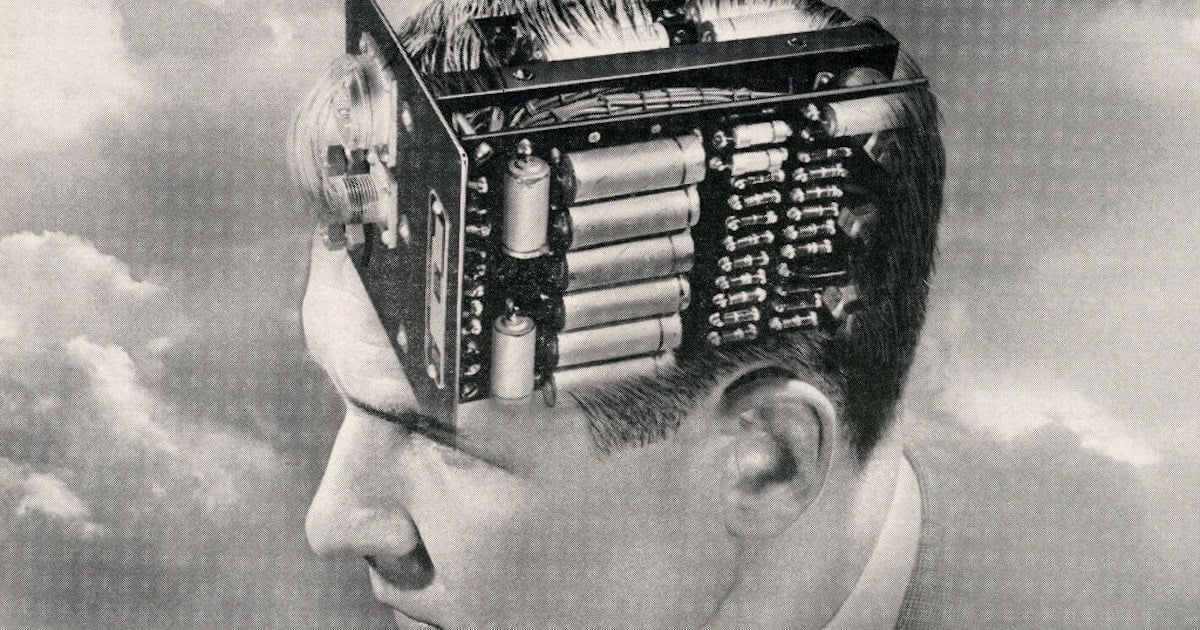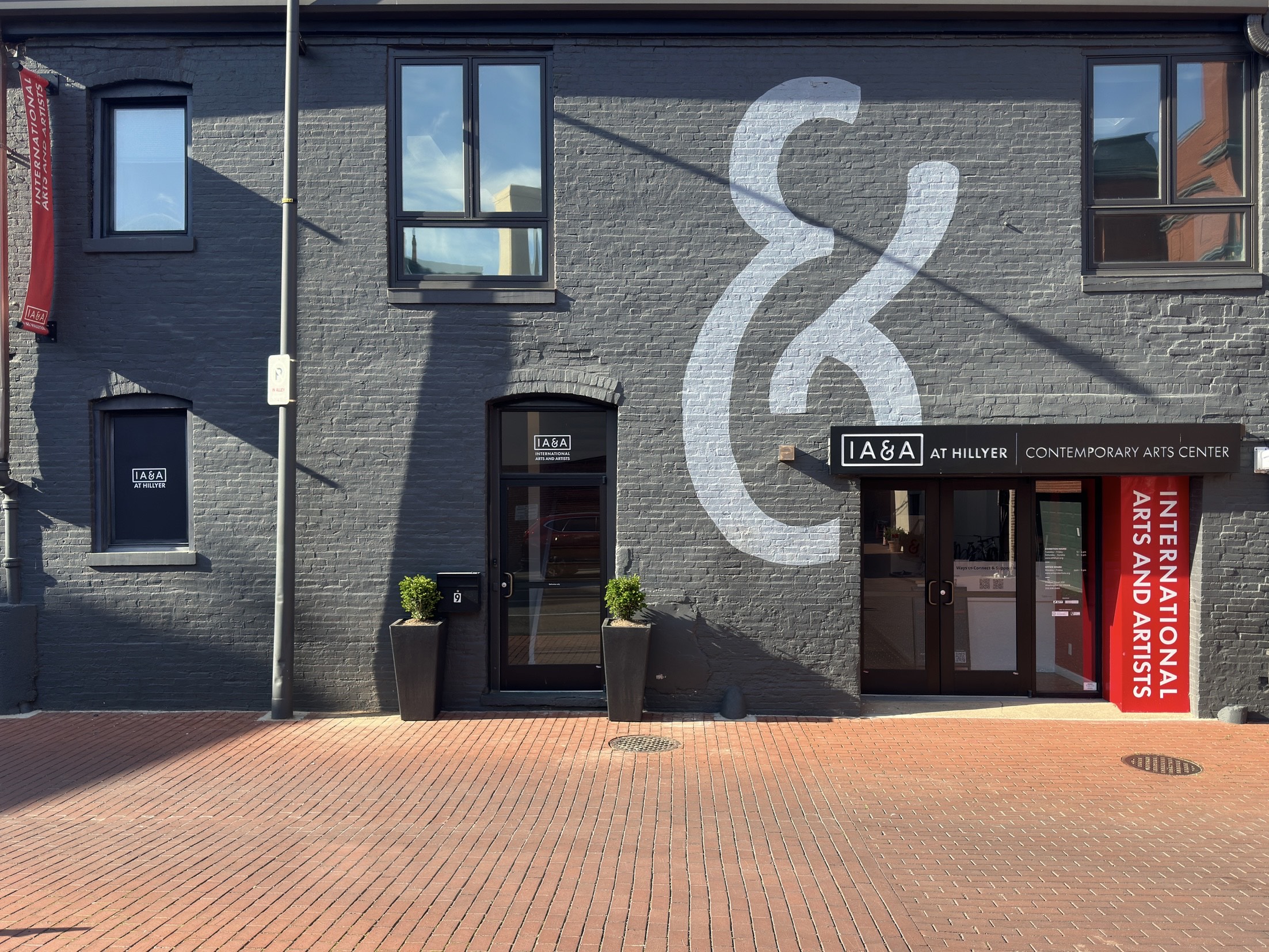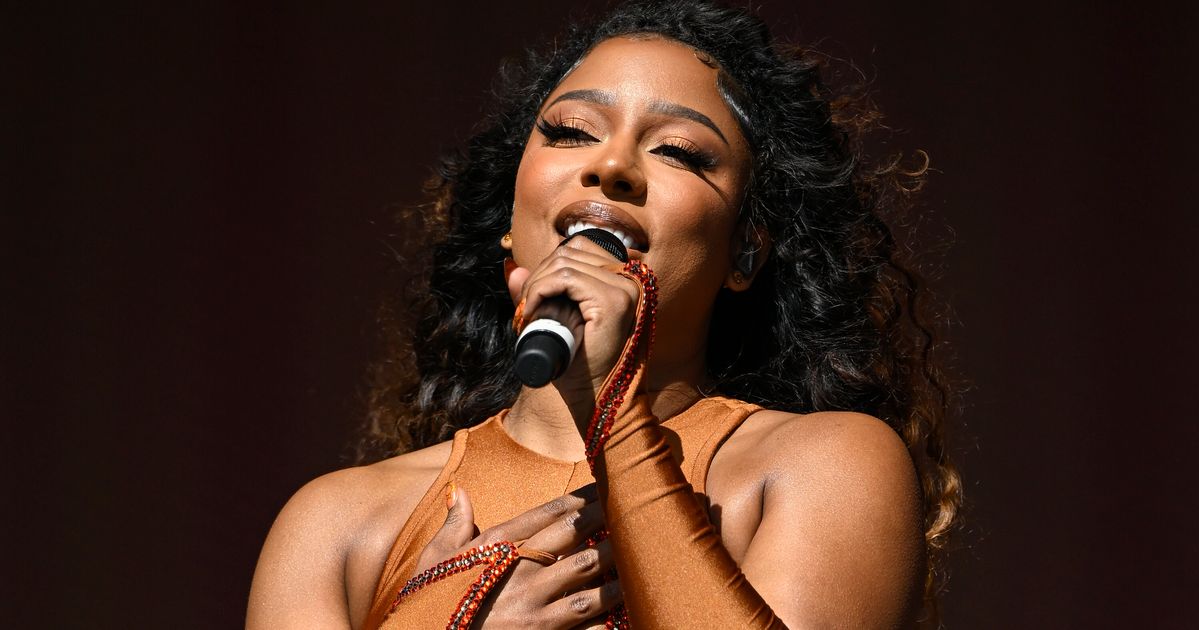This March, news broke that the latest artificial intelligence models
could pass the LSAT, SAT, and AP exams. It sparked another round of A.I. panic. The
machines, it seemed, were already at peak human ability. Around that time, I
conducted my own, more modest test. I asked a couple of A.I. programs to “write a six-word story about baby shoes,” riffing on the famous
(if apocryphal) Hemingway story. They failed but not in the way I expected.
Bard gave me five words, and ChatGPT produced eight. I tried again, specifying
“exactly six words,” and received eight and then four words. What did it mean
that A.I. could best top-tier lawyers yet fail preschool math?
A year since the launch of ChatGPT, I wonder if the answer
isn’t just what it seems: A.I. is simultaneously impressive and pretty dumb. Maybe
not as dumb as the NFT apes or Zuckerberg’s Metaverse cubicle simulator, which Silicon Valley also promised would revolutionize all aspects
of life. But at least half-dumb. One day A.I. passes the bar exam, and the next, lawyers are being fined for citing
A.I.-invented laws. One second it’s “the end of writing,” the next it’s recommending recipes for “mosquito-repellant
roast potatoes.” At best, A.I. is a mixed bag. (Since “artificial intelligence”
is an intentionally vague term, I should specify I’m discussing “generative A.I.”
programs like ChatGPT and MidJourney that create text, images, and audio.
Credit where credit is due: Branding unthinking, error-prone algorithms as
“artificial intelligence” was a brilliant marketing coup.)
The flaws are amusing and a relief to many artists
who—when ChatGPT was released—feared their profession might be over. If a
computer program could produce a novel or painting at the press of a button, why
were we spending countless hours torturing ourselves in cafés and studios for little
recognition and even less pay? Yet as the limitations became apparent, artists’
despair was replaced with anger. Visual artists learned A.I. was being used to copy their work. Actors realized
Hollywood studios wanted to use A.I. recreations of them for
eternity. And authors discovered their books had been pirated by corporations
whose billionaire investors cried poverty at the suggestion they should pay even a penny in
compensation. Artists’ anger turned to strikes and lawsuits.



